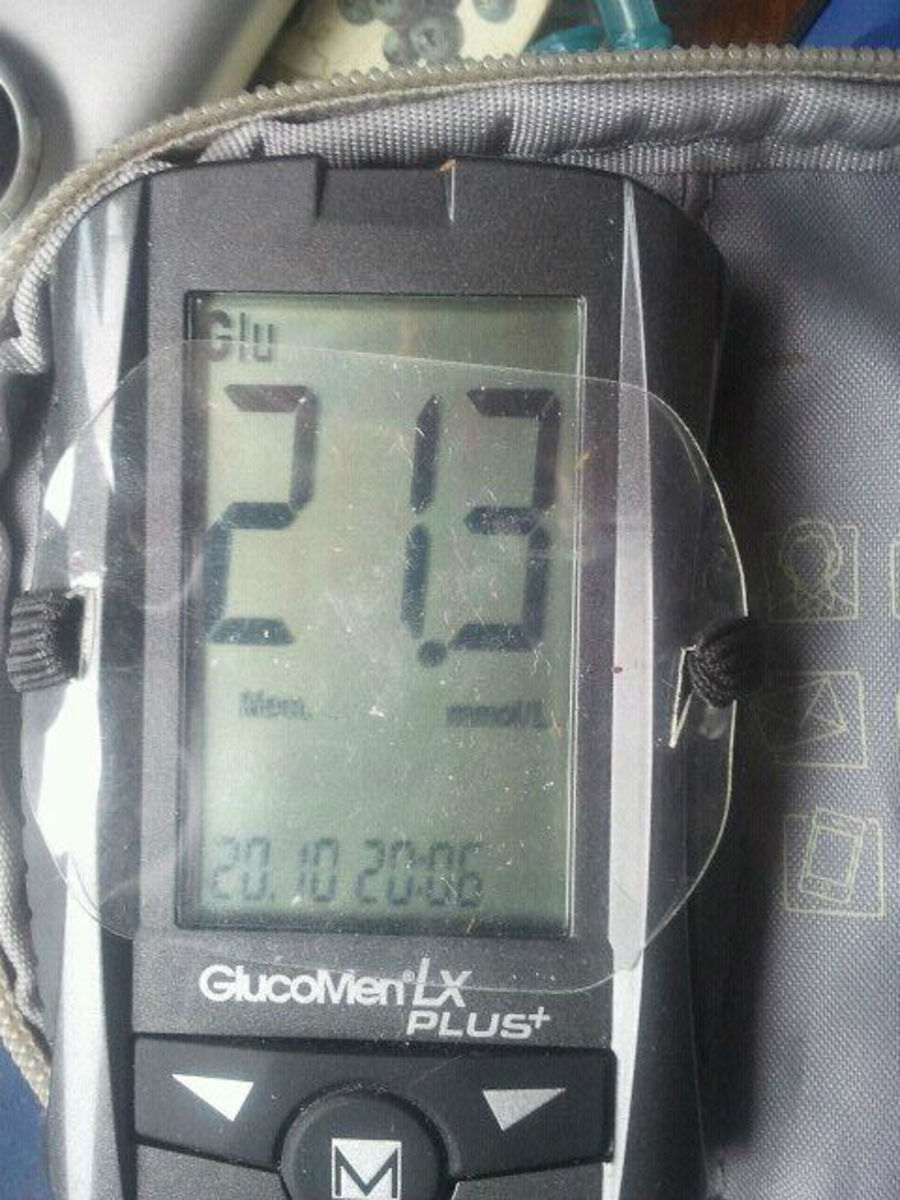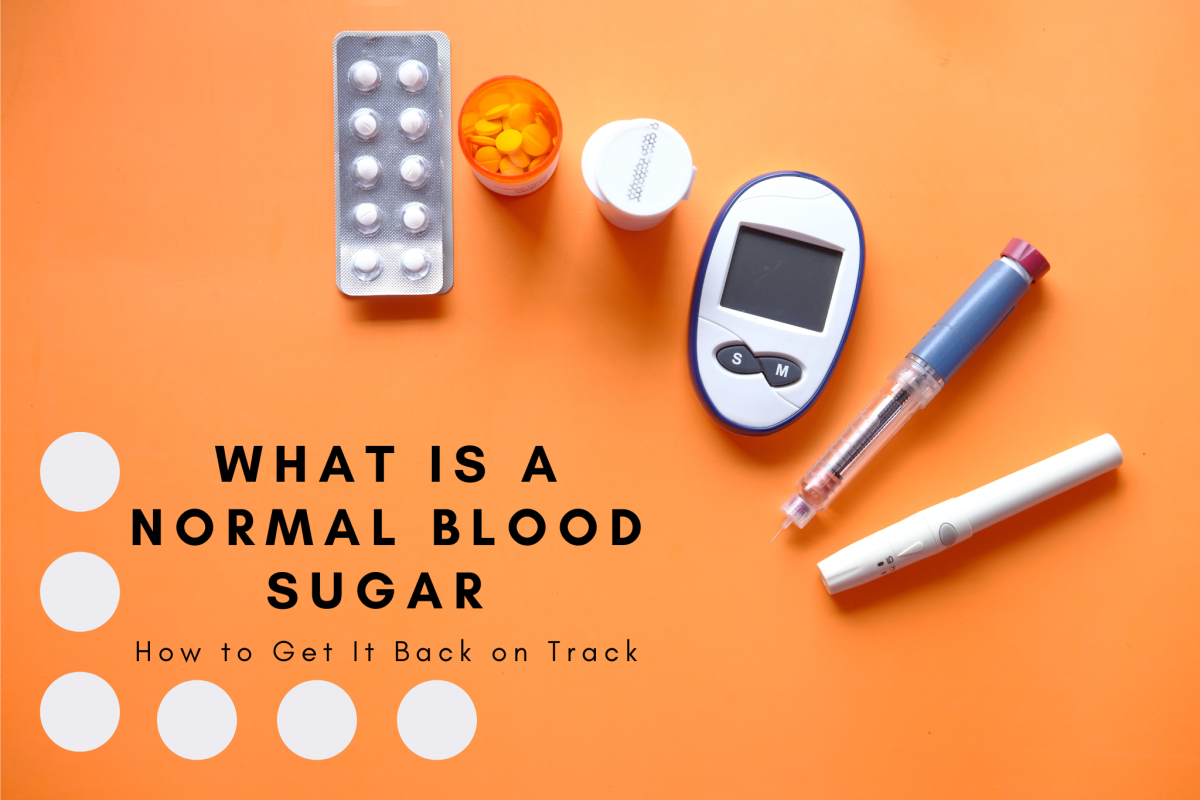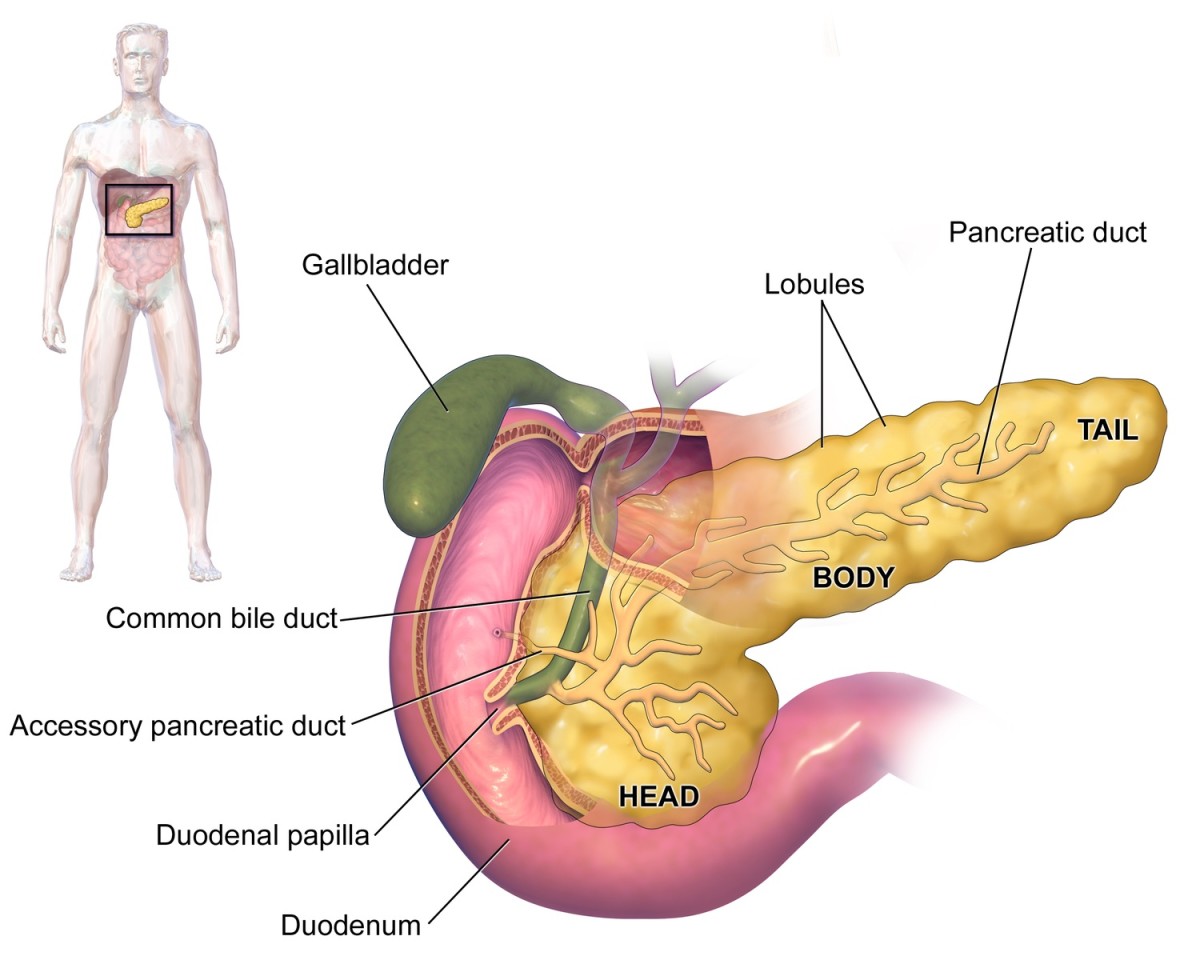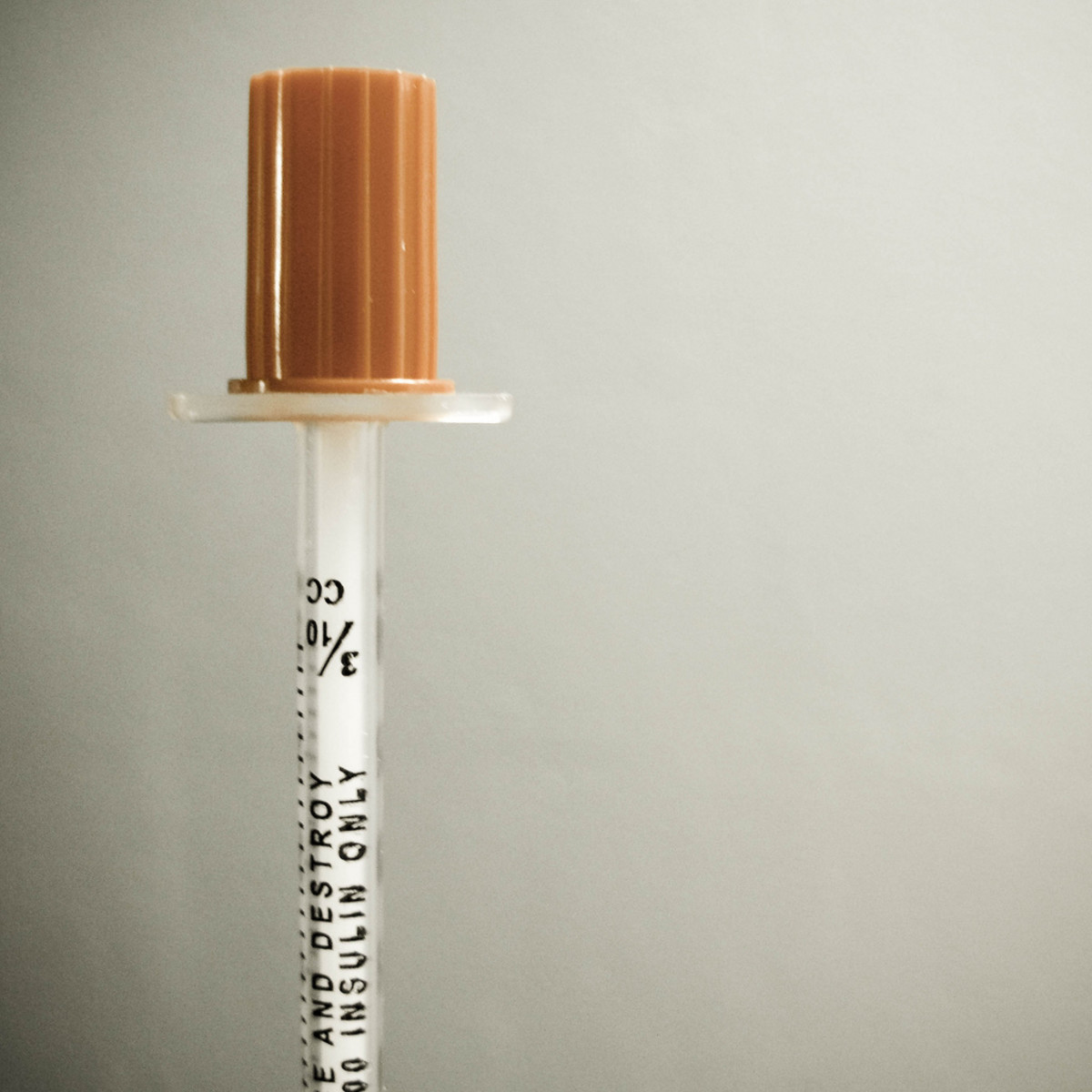Diabetes 2 Symptoms: What Are the Signs of Diabetes
What is Diabetes?
What many people don't realize is that you may have diabetes and not even have any symptoms or perhaps only one or two, and not even connect the dots between the symptom and the disease. For example, my father started experiencing extreme thirst long before he got tested and was diagnosed, and he never thought this may be an indication of abnormal sugar levels. Finally, my mom got him to the doctor...
When you have diabetes, your blood sugar levels rise and stay way above the normal blood glucose levels. This happens because you don’t have a sufficient amount of insulin or because your insulin is not working properly.
When your glucose is above 180 mg/dL, glucose starts to enter into the urine and make it sweet. Up to that point, the kidney is able to extract the glucose before it enters your urine. The loss of glucose into the urine leads to many of the short-term symptoms of diabetes.
The good news is that early detection and the right treatment is the key to delay, prevent or in many cases even reverse the full-blown diabetes. The bad news is that most of the times diabetes goes undetected as the signs of diabetes are not present or can be confused with symptoms of other disorders.


What are the Warning Signs of Diabetes?
The following list explains the most common early signs of diabetes. Although having these symptoms does not always indicate diabetes (they may be caused by different conditions), having one or more of these symptoms may be present when the diabetes is diagnosed.
- Frequent urination and thirst: The kidneys are working hard to flush the extra glucose from the bloodstream by extracting fluids from the body. This drawing of fluids leads to second warning sign of diabetes, unquenchable thirst. As the amount of water in your blood declines, you drink much more than you would normally do. If you have a feeling of being constantly thirsty despite drinking plenty of water you must have yourself tested.
- Weakness and Fatigue: Without sufficient insulin, or with ineffective insulin, glucose cannot enter cells and cannot be used as a fuel to move muscles or to facilitate other chemical reactions that must take place to produce energy. Insulin acts as a key that makes this possible. (Our brain is an exception, as it does not need insulin.) That is why a person with diabetes often complains of fatigue and weakness.
- Extreme Hunger: Despite all that glucose in your blood stream, your body is unable to get energy in the form of glucose into the muscle cells, which makes you feel hungry.
- Blurry Vision: As the blood sugar level rises from normal to very high, the lens of the eye swells due to water intake. This swelling prevents the eye from focusing light at the correct place and blurring occurs.
- Unexplainable Weight Loss:This may seem counter-intuitive, as most people with diabetes are overweight. Weight loss occurs usually in people with type 1 diabetes, because they lack insulin, the builder hormone. When the body lacks insulin for any reason, the body begins to deteriorate. You lose muscle tissue, because some of the muscle is converted into glucose even though the glucose cannot get into cells. Instead, it is secreted from the body in the urine. Fat tissue breaks down into small fat particles that can provide an alternative source of energy. As your body breaks down, you begin to lose weight.
- Frequent yeast infections: As blood sugar levels go up, all the fluids in your body contain higher level of glucose rises, all fluids in your body including sweat, semen, and vaginal secretions contain increased level of glucose. This provides a perfect environment for bacteria and fungi to thrive. Many women may feel itching or burning sensation. They may also have abnormal and sometimes smelly vaginal discharge.
- Numbness or Tingling of your Extremities: This warning sign of diabetes, also known as neuropathy, comes over a period of time. Because of the increased level of blood glucose the nervous system starts to break down. It is a gradual process and there is a risk of damage in the extremities before the diagnosis.
- Slow Healing Wounds: Nerve damage and tingling may cause slower healing of wounds particularly on feet. Because of the numbness, a person may not even know about the sore. Decreased blood flow may impede with oxygen getting to the sore and white cells become unable to kill the harmful bacteria.
- Other Warning Signs of Diabetes: Some other warning signs of diabetes include dry or itchy skin, dry mouth, vomiting, shortness of breath, and difficulty concentrating.
I highly recommend the books by Doctor Fuhrman!
More Reading for People with Diabetes
- Diabetes Blood Sugar Levels Chart: What is a normal blood sugar range?
If you are reading this, you probably have been told by your doctor that you, or someone you care about, have diabetes or prediabetes. You may be surprised, shocked or even scared. You wonder how and why this... - Diet for Type 2 Diabetes: Top Foods For Diabetics
Is there such a thing as a special diet for diabetics? It can be argued that there are really only TWO types of diets in this world: one that is health promoting and the other one that ultimately leads to... - Lower Blood Sugar & Reduce Diabetes 2 Symptoms With These Natural Diabetes Treatments
Depending on who you listen to and you believe, your answer will be different. If you listen to medical and pharmaceutical community, you will learn that there are no medications currently available that...

Diabetes is Preventable
However, the most common symptom of high blood sugar is having no symptoms at all!
This is why many people are living with diabetes without knowing about it!
Because of this fact, it's very important that you test your blood glucose levels on a regular basis using a blood glucose analyzer and also to be aware of the high blood sugar symptoms.
Diabetes is a very serious condition, that - if not treated - can lead to devastating consequences to your health, including kidney failure, heart attack, stroke, blindness, and diabetic coma.
The good news is that it is also highly PREVENTABLE and REVERSIBLE. Even if you already have it, you can control the symptoms or reverse the disease entirely, with a few simple changes to your lifestyle (read Natural Diabetes Treatments). Because diabetes is caused mainly by poor diet choices, lack of or insufficient physical activity, and stress; simply by improving your diet (read more about Diet for Type 2 Diabetes: Top Foods For Diabetics), exercising, and eliminating stress from your life, can have a profound effect for your health!
DO NOT wait until it is too late!









